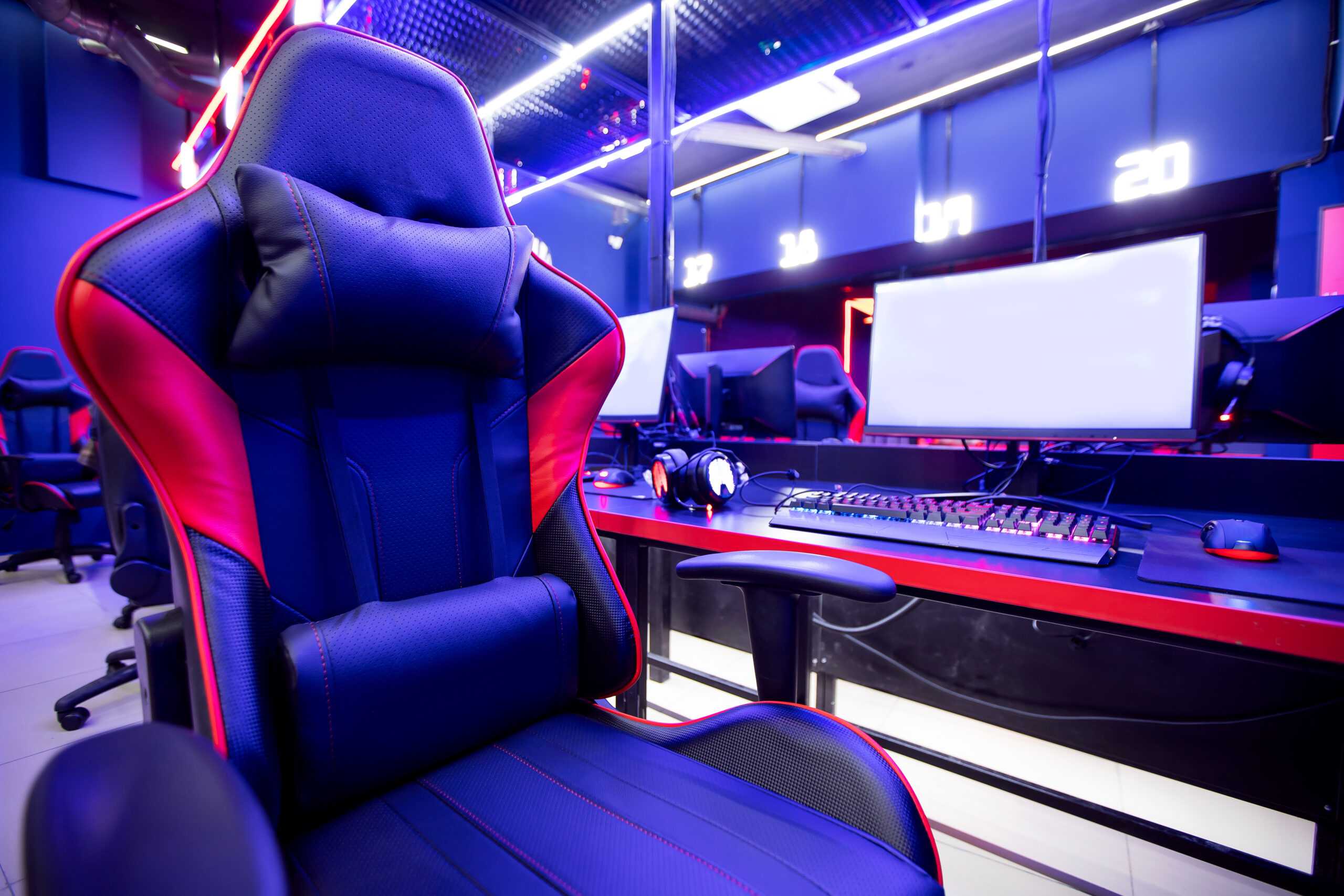The esports market faces a challenging road ahead. While some took last year’s IPO for FaZe Clan, valuing the organization at $725 million, as a sure sign that esports had hit the big time, in recent months, the company’s stock price has been in rapid decline, and FaZe is at risk of being delisted from Nasdaq. At the same time, other prominent esports orgs like Team SoloMid and 100 Thieves have suffered extensive layoffs.
The more successful esports companies have generated revenues from content creation and lifestyle branding, not necessarily from direct esports competition. And the bottom line is that profits are incredibly hard to come by.
“We have been operating our esports teams at a loss since inception,” Ben Spoont, founder and CEO of Misfits Gaming Group, acknowledged to Bloomberg. “I had thought that by 2022, I’d have seen enough data to say, ‘We are there’ or ‘We’ll get there in the next year or two.’ ”
There are macro conditions at play here, too. There’s been a general economic downturn, inflation has been hurting consumer spending, and the cryptocurrency industry, which had been a big supporter of esports, has taken a severe hit – highlighted by the collapse of crypto exchange FTX.
It’s all a lot for leading non-endemic brands to swallow. They may be looking for ways to connect with a younger demographic through gaming, but many have chosen to do so through influencers and content creators, bypassing the esports orgs that desperately need sponsorship revenues to stay afloat. A number of 100 Thieves’ partners, for example, did not renew deals with the company last year, including Omen by HP, Rockstar Energy, Rocket Mortgage, Dollar Shave Club, StockX, and CashApp. Luxury auto brand, BMW, which has sponsored numerous esports orgs, has made it clear that it’s transitioning to a new strategy, which cuts out esports.
“BMW has decided to end its esport[s] engagement from [the beginning] of 2023 on,” the company told Digiday. “In the future, our focus will be even more on the individual than before.”
Big brands will come back, of course, if the viewership proves undeniably attractive. But unfortunately for esports, that hasn’t been the case. According to Esports Charts, even the most popular esport in the world, Riot’s League of Legends, has seen numbers decline, as viewership for the League of Legends Championship Series is at a five-year low. Interpret’s New Media Measure® data shows that interest among gamers may be waning as well. By the end of 2021, 56% of US gamers indicated that they would not spend more time watching esports, and by mid-2022, that figure increased to nearly two-thirds of the gaming population.







